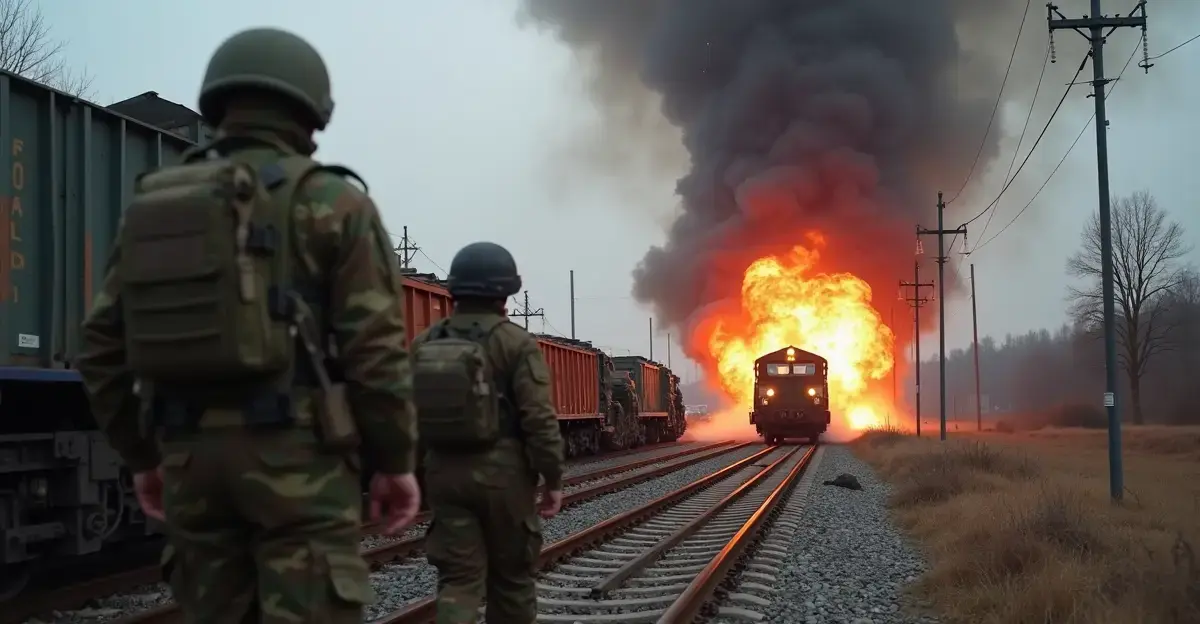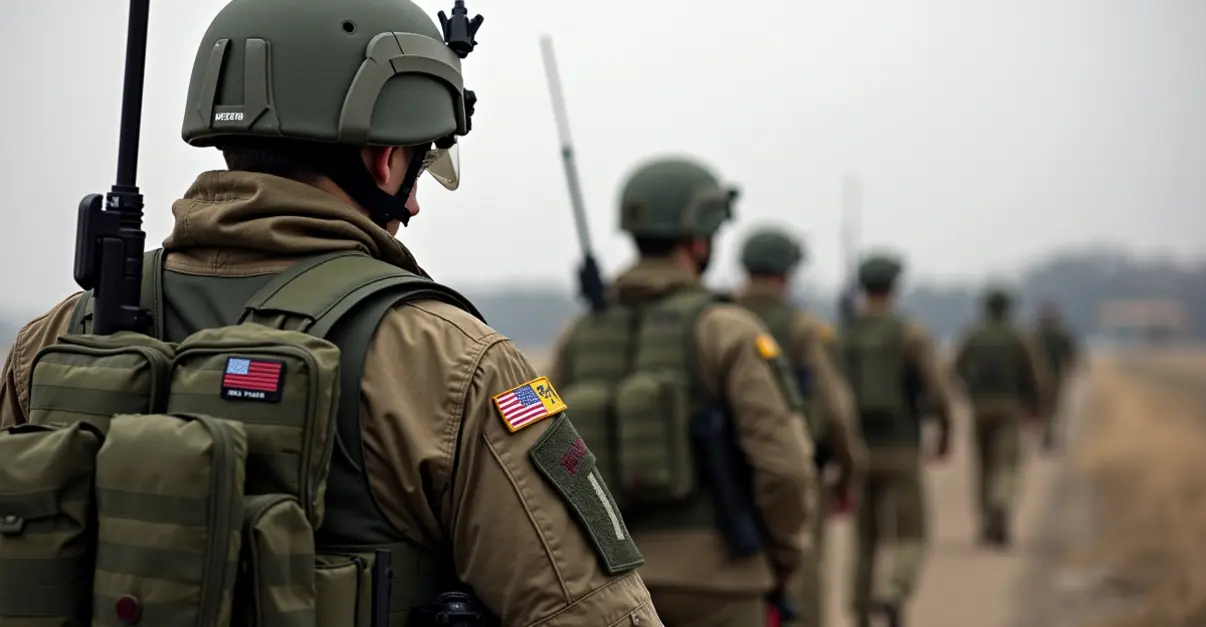Lithuania Takes Drastic Action Against Belarusian Balloon Incursions
Lithuania is preparing to indefinitely close its remaining border crossings with Belarus following repeated incidents involving smuggling balloons that have disrupted air traffic and raised security concerns. Prime Minister Inga Ruginienė announced the dramatic escalation in response to what she called 'hybrid attacks' from Belarus, where balloons carrying contraband cigarettes have repeatedly violated Lithuanian airspace.
Airport Chaos and Flight Disruptions
The balloon incidents have caused significant disruptions at Lithuania's main airports. Vilnius International Airport was forced to suspend operations multiple times over recent days, with Kaunas Airport also affected. According to official reports, these disruptions have impacted over 140 flights, causing delays and cancellations that affected thousands of passengers. 'All traffic comes to a standstill,' Ruginienė stated about the border closure decision. 'This sends a clear signal to Belarus that we do not accept hybrid attacks and we will take the strictest possible measures to stop these actions.'
Military Response and Security Concerns
The Lithuanian government has authorized its military to shoot down any balloons entering national airspace from Belarus. While Prime Minister Ruginienė declined to specify the exact methods, she confirmed that 'the military has an action plan ready.' The situation has escalated to the point where Lithuania is considering invoking NATO Article 4, which allows member states to request consultations when their territorial integrity, political independence, or security is threatened.
Geopolitical Context and Regional Tensions
The balloon incidents occur against a backdrop of heightened regional tensions following Russia's invasion of Ukraine. Belarusian President Alexander Lukashenko remains a staunch ally of Russian President Vladimir Putin, while Lithuania is a committed NATO member. The border closure represents the latest escalation in what Lithuanian officials describe as a pattern of hybrid warfare tactics from Belarus. 'These are calculated provocations designed to destabilize, distract and test NATO's resolve,' said Lithuanian Foreign Minister Kestutis Budrys in a recent statement.
Border Closure Details and Exemptions
Only two border crossings remained open between Lithuania and Belarus due to previous security concerns. The new closure will affect both the Medininkai and Šalčininkai crossings, though exemptions will be maintained for diplomatic traffic and European Union citizens returning from Belarus. The transit route from Belarus to Russia's Kaliningrad exclave, which passes through Lithuanian territory, will remain operational. The duration of the border closure remains uncertain, with the Lithuanian Cabinet expected to make a final decision on Wednesday.
EU Sanctions and International Response
Lithuania is also pushing for enhanced EU sanctions against Belarus in response to the balloon incidents. Belarusian opposition leader Sviatlana Tsikhanouskaya, who lives in exile in Lithuania, has described the balloon operations as 'hybrid aggression against Europe' and expressed support for Lithuania's security measures. The incidents follow similar border tensions in the region, with Poland having temporarily closed its border with Belarus in September during large-scale military exercises by Russia and Belarus.
The balloon smuggling operations have become increasingly sophisticated, with Lithuania recording hundreds of such incursions this year alone. The situation highlights the complex security challenges facing NATO's eastern flank and demonstrates how seemingly minor incidents can escalate into significant international confrontations in the current geopolitical climate.

 Nederlands
Nederlands
 English
English
 Deutsch
Deutsch
 Français
Français
 Español
Español
 Português
Português










